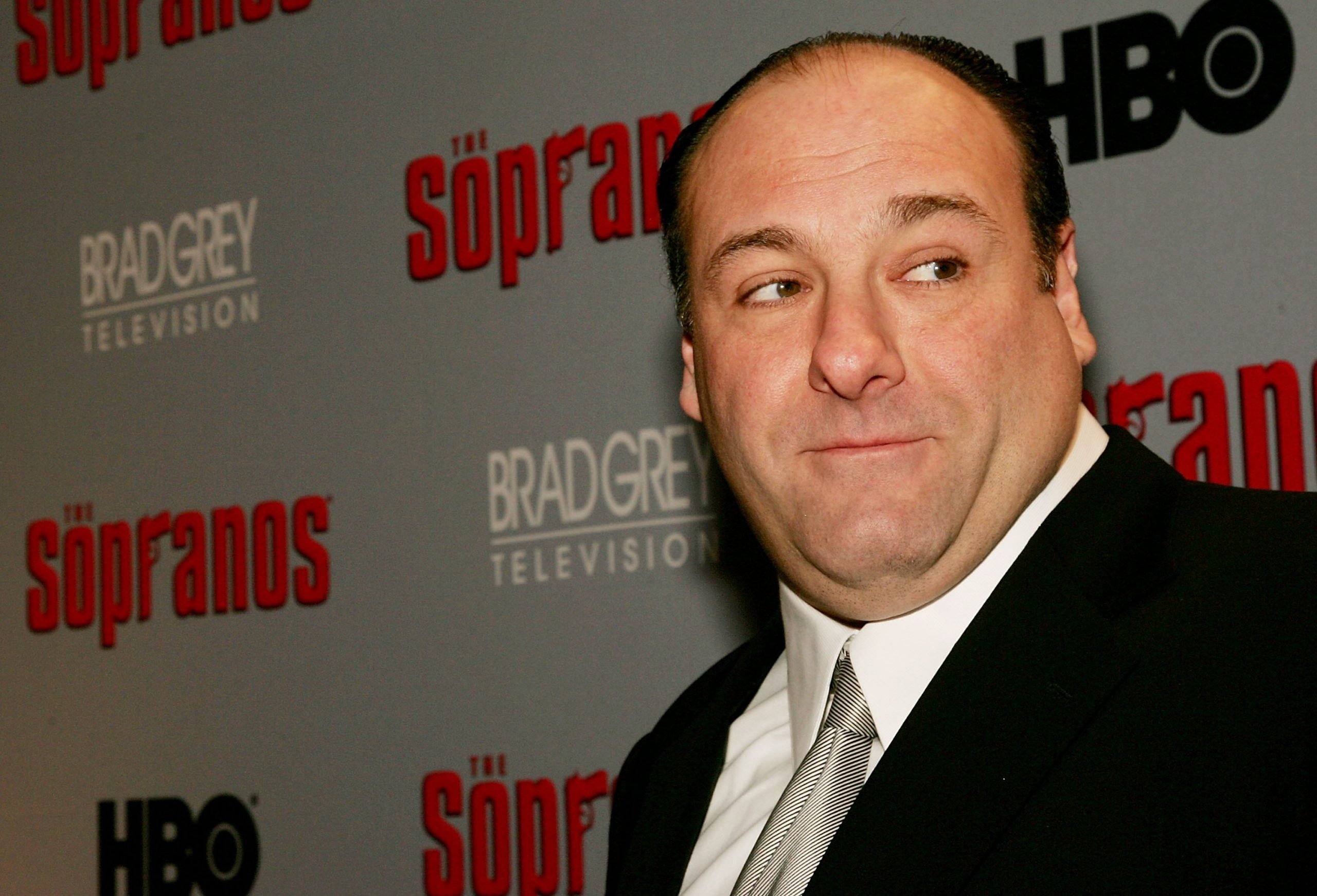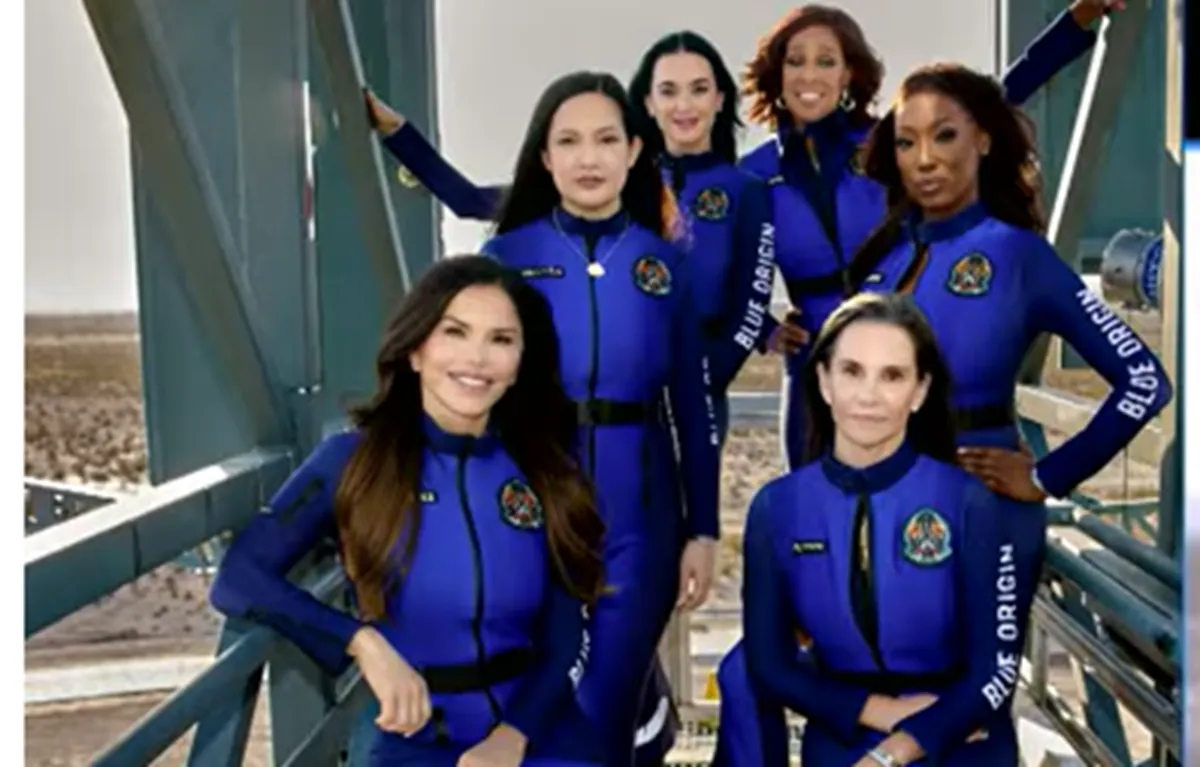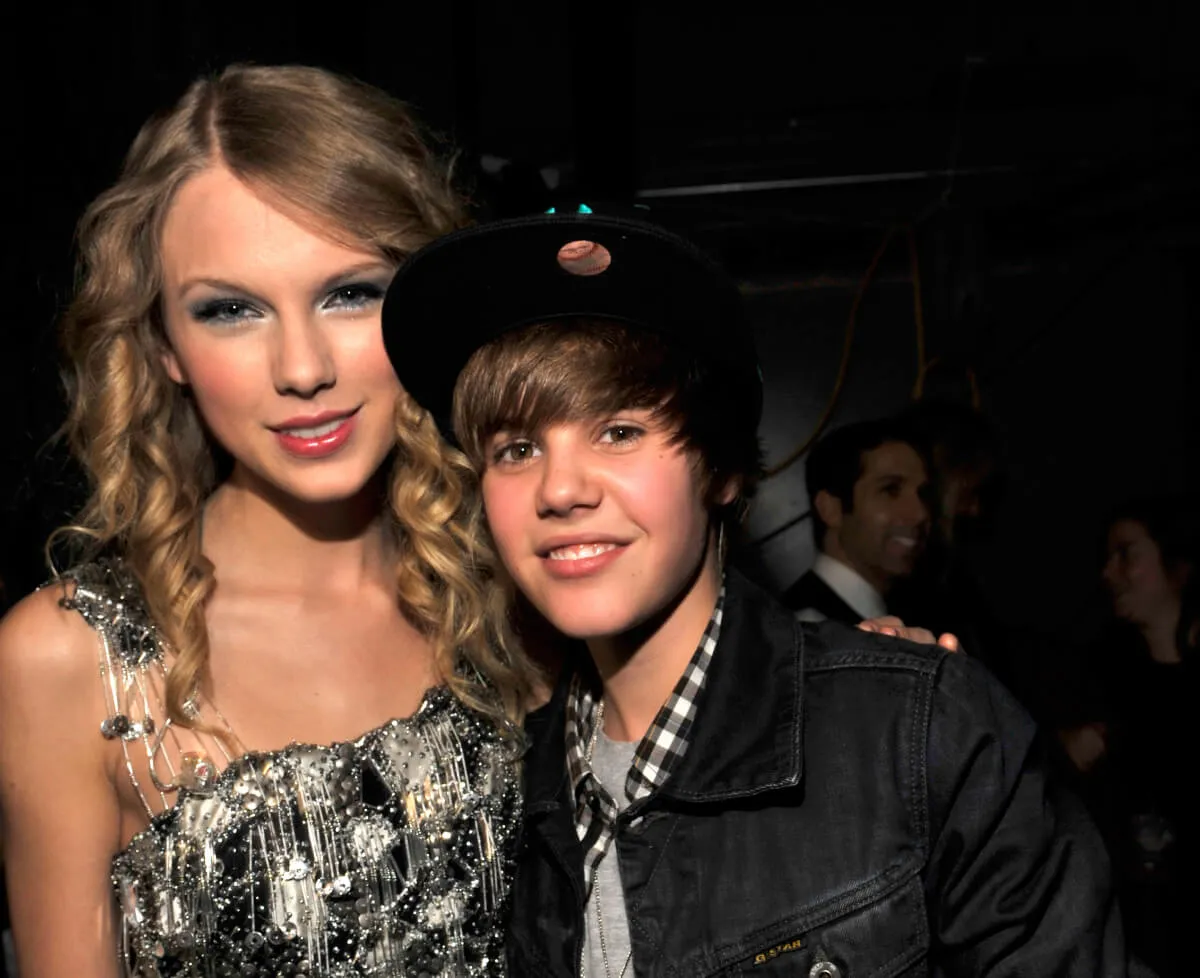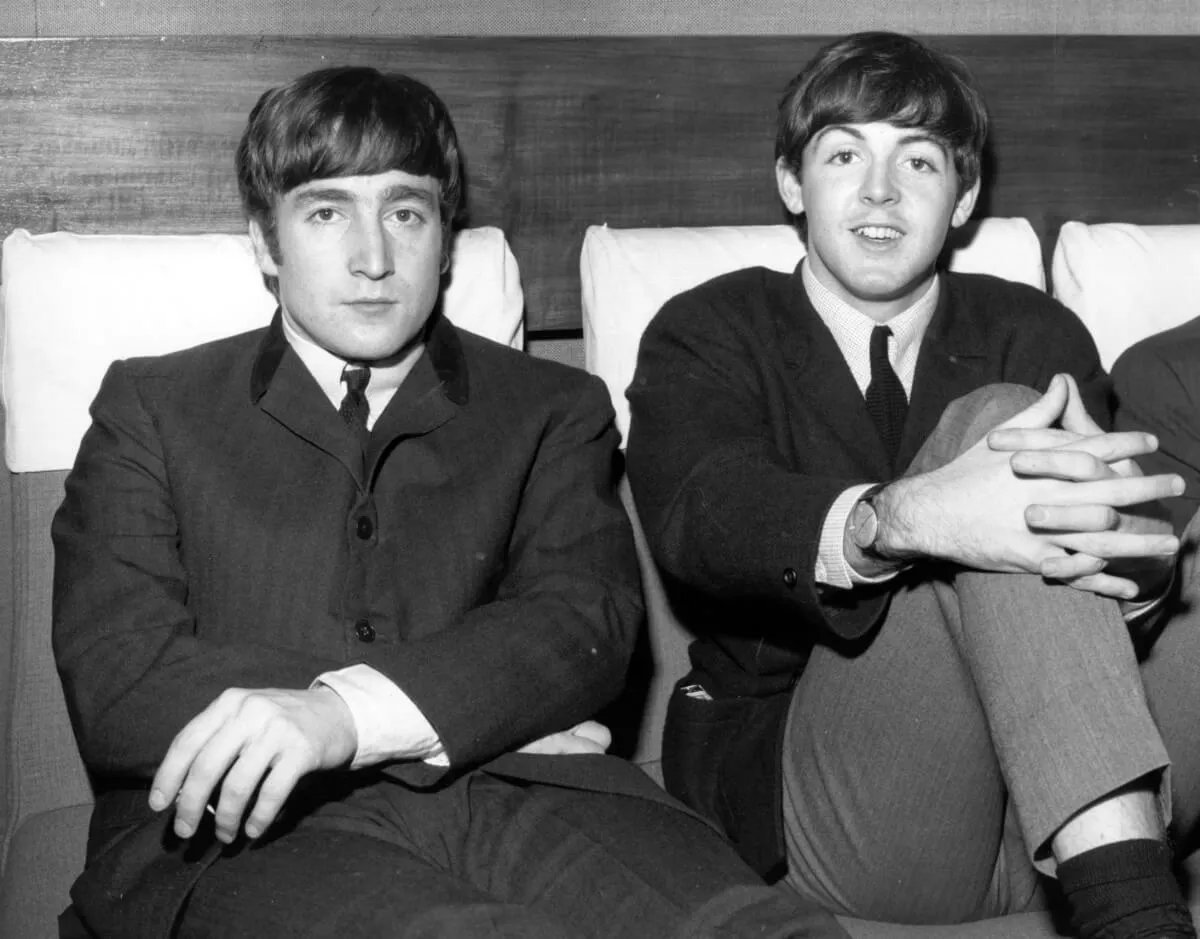‘The Sopranos’: Taking a Closer Look at Racism in The Show’s Mob Culture
The Sopranos was one of the most popular and critically-acclaimed TV shows to ever grace the small screen. The shows writing, pacing, character development, and storyline all gave the show a cinematic—and even novelistic—feel that was relatively unheard of in the early 2000s. Fans loved the uncensored, unapologetic look the show gave them into “mob life,” and many are still reeling from the show’s inexplicable cliffhanger ending.
However, despite the numerous accolades and acclaim that the show received, it also featured some very troubling themes, from its frequent physical abuse of women to its staunch, unwavering racist undertones. From start to finish, The Sopranos made it very clear that people of color were seen as second class citizens in the eyes of the Italian-American mafia,
Casual racism was the norm in Tony Soprano’s crime family

Tony Soprano and the rest of the Soprano crime family never hid their feelings toward minority groups. Black people, Asian-Americans, and indigenous people overall were never treated or spoken of with much respect and were often blamed for many of the hardships they faced throughout the show.
Tony Soprano, in particular, has an extremely negative perception of Black-Americans, frequently calling them “mulignans”, a slur that means “eggplant.” In season 3, he’s horrified to find out that his daughter Meadow has started dating a young Black male named Noah since she’s gone off to college. When Noah comes to visit, Tony is overtly hostile, and demands that he stop seeing his daughter. Later in the show, it’s revealed that he’s been using a false narrative that he was robbed by Black people on the night that his cousin Tony was arrested (which prevented him from being there) when in reality he’d had a panic attack and passed out.
Beyond Tony, other members of the family also exhibit racist attitudes and behaviors as well. Whenever a crime is committed that may require explanation later, they collectively agree to blame it on Black people that were never actually around. When a Columbus Day parade in their town draws Native American protestors, several characters in Tony’s family take issue and confront them, getting into a violent conflict. The overarching opinion of the Soprano is that Christopher Columbus was an Italian “explorer” that she bould celebrated as such.
The racism on the ‘The Sopranos’ is consistent with real-life racial issues
Although The Sopranos was a work of creative fiction, the show accurately articulated hostile attitudes many white Americans had toward minorities in America at the time. America was in the midst of the “War on Terror” while the show aired, and there was a litany of anti-Muslim rhetoric going on in America that was reflected in the show. The FBI even went as far as telling Tony that they would look out for him in exchange for any information he could provide about suspicious Arab-Americans in their community.
The Soprano family’s habit of blaming Black people for their crimes also speaks to a theme consistent with American culture, in which Black people are falsely accused and convicted for crimes they did not commit. Recent events involving Black-Americans, police brutality, and social media have made it clear that Black people are often targets of legal persecution due to convenience, general anti-Black sentiments, and to uphold white supremacy.


